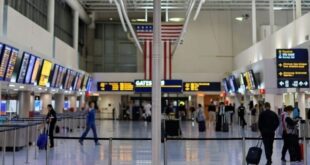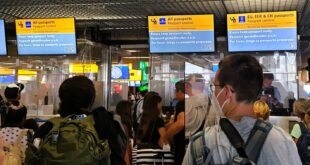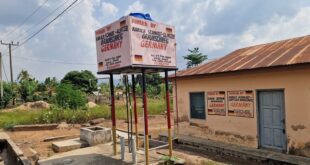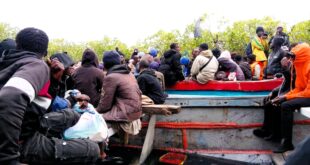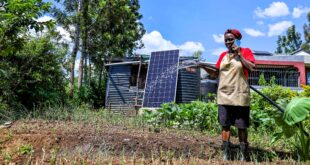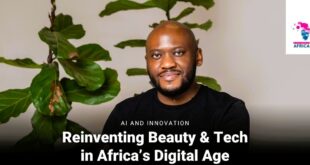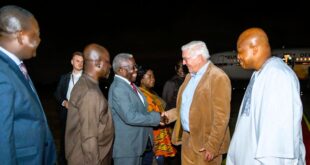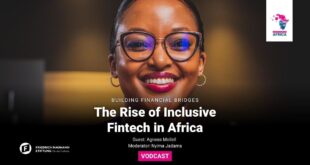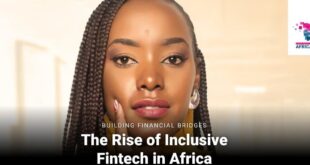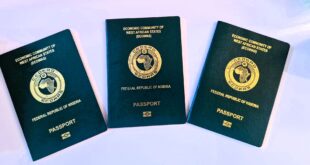100 African intellectuals have signed an open letter to leaders on the continent, urging them to look critically at the global crisis caused by the COVID-19 pandemic and to use the lessons from the crisis to spur “radical change”. The letter, signed by academics, writers and activists from across the continent and the diaspora (*see list at the footnotes), makes a call to Africa to take its destiny back into its hands. Here’s the full text of the letter:
—–
The threats that are hanging over the African continent with regards to the spread of COVID-19 demand our individual and collective attention. The situation is critical. Yet this is not about mitigating another “African” humanitarian crisis but to diffuse the potentially damaging effects of a virus that has shaken the global order and put under question the bases of our living-together.
The coronavirus pandemic lays bare that which well-to-do middle classes in African cities have thus far refused to confront. In the past ten years, various media, intellectuals, politicians and international financial institutions have clung to an idea of an Africa on the move, of Africa as the new frontier of capitalist expansion; an Africa on the path to “emerging” with growth rates that are the envy of northern countries.
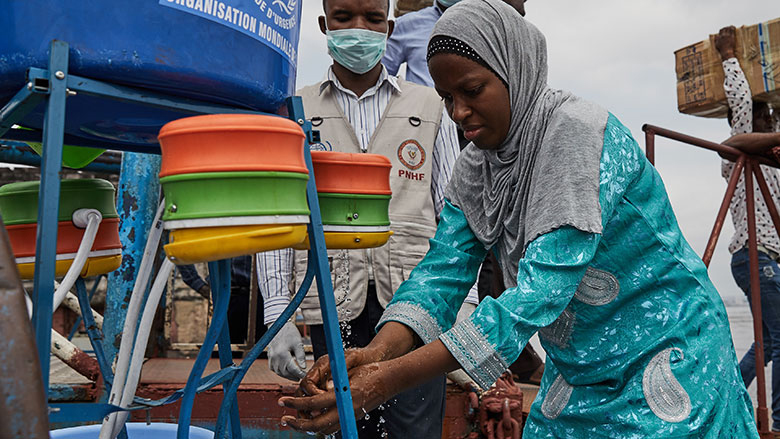
Such a representation, repeated at will to the point of becoming a received truth, has been torn apart by a crisis that has not entirely revealed the extent of its destructive potential. At the same time, any prospect of an inclusive multilateralism – ostensibly kept alive by years of treaty-making – is forbidding.
The global order is disintegrating before our very eyes, giving way to a vicious geopolitical tussle. The new context of economic war of all against all leaves out countries of the Global South so to speak stranded. Once again we are reminded of their perennial status in the world order in-the-making: that of docile spectators.
Like a tectonic storm, the COVID-19 pandemic threatens to shatter the foundations of states and institutions whose profound failings have been ignored for too long. It is impossible to list these, suffice it to mention chronic under-investment in public health and fundamental research, limited achievements in food self-sufficiency, the mismanagement of public finances, the prioritisation of road and airport infrastructures at the expense of human well-being.
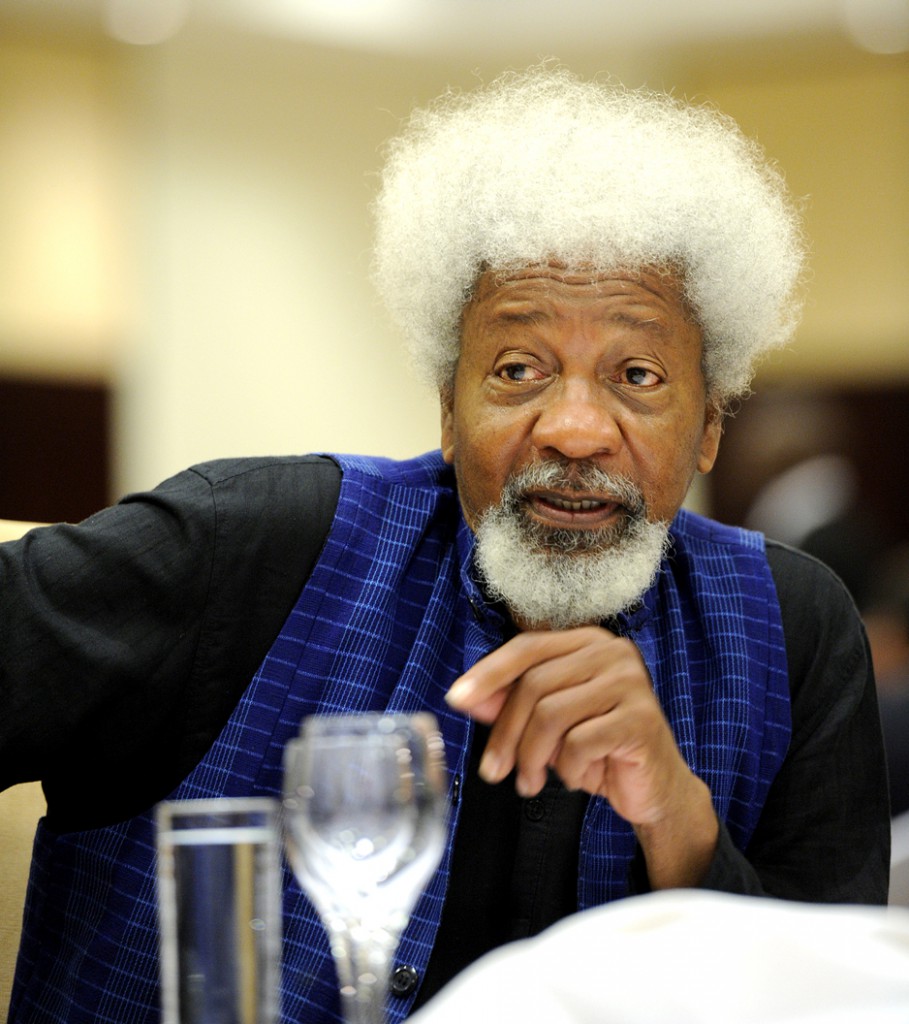
All of this has in fact been the object of an abundant specialised research, except that it seems to have escaped attention in spheres of governance on the continent. The management of the ongoing crisis constitutes a most glaring evidence of this gap.
On the necessity to govern with compassion
Adopting the all-securitarian model of “containment” of northern countries – often without much care to specific contexts – many African countries have imposed a brutal lockdown upon their populations; here and there, violation of curfew measures has been met with police violence. If such containment measures have met the agreement of middle classes shielded from crowded living conditions with some having the possibility to work from home, they have proved punitive and disruptive for those whose survival depends on informal activities.
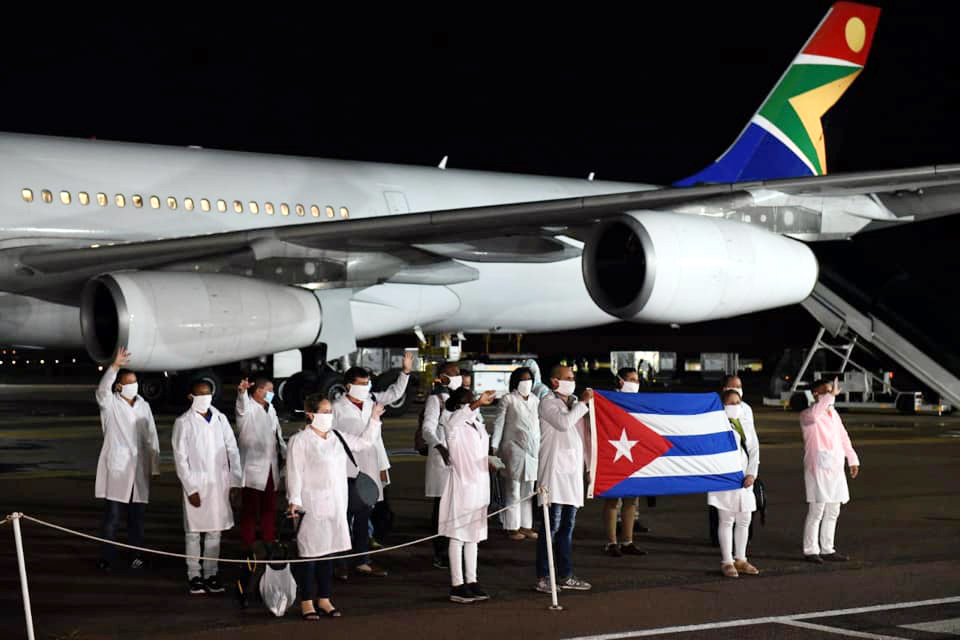
Let’s be clear: we are not advocating an impossible choice between economic security vs health security but we wish to insist on the necessity for African governments to take into account the chronic precarity that characterises the majority of their populations. Yet, as a continent that is familiar with pandemic outbreaks, Africa has a head start in the management of large-scale health crises. However, it should gird itself against complacency.
Here and there, civil society organisations have shown tremendous solidarity and creativity. Despite however the great dynamism of individual actors, these initiatives could in no way make up for the chronic unpreparedness and the structural deficiencies that states themselves will have to mitigate. Rather than sit idle and wait for better fortune, we must endeavour to rethink the basis of our common destiny from our own specific historical and social context and the resources we have.
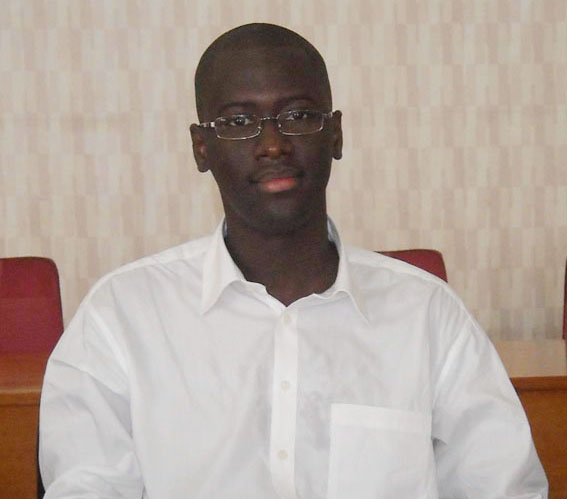
Our belief is that “emergency” cannot, and should not constitute a mode of governance. We must instead be seized by the real urgency, which is to reform public policy, to make them work in favour of African populations and according to African priorities. In short, it is imperative to put forth the value of every human being regardless of status, over and beyond any logic of profit-making, domination or power capture.
Beyond the state of emergency
African leaders can and should propose to their societies a new political idea of Africa. For this is a question of survival, fundamentally, and not a matter of rhetorical flourish. Serious reflections are needed on the functioning of state institutions, on the function of a state and the place of juridical norms in the distribution and the balancing of power.
This is best achieved on the basis of ideas adapted to realities across the continent. The realisation of the second wave of our political independence will depend on political creativity as well as our capacity to take charge of our common destiny. Once again, various isolated efforts are already bearing fruit. They deserve to be heeded, debated and amply encouraged.
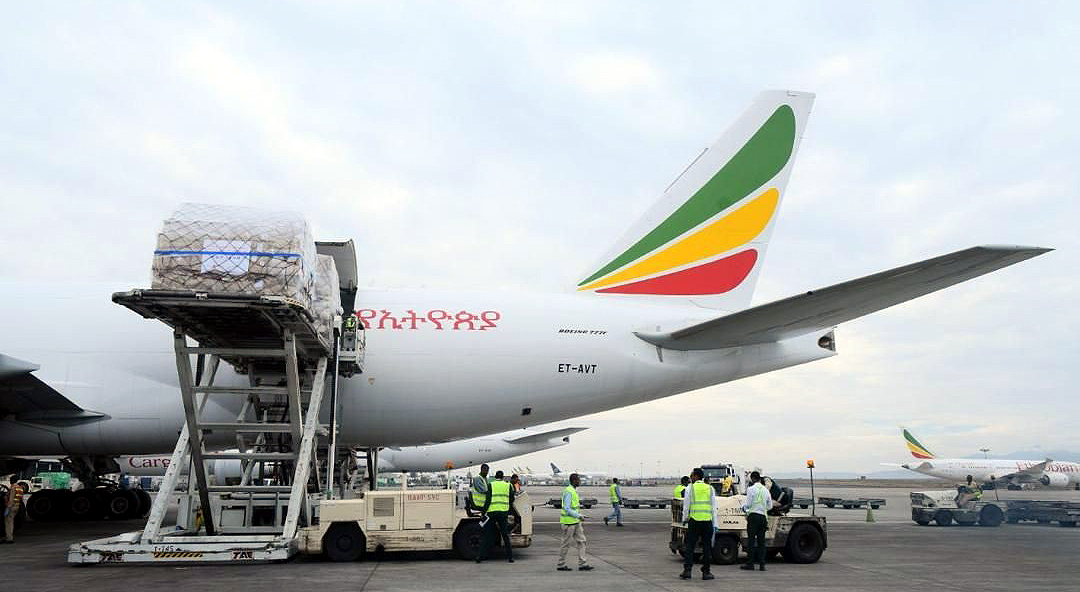
Furthermore, Pan-Africanism also needs a new lease of life. It has to be reconciled with its original inspiration following decades of shortcomings. If progress on continental integration has been slow, the reason has much to do with an orientation informed by the orthodoxy of market liberalism.
In consequence, the coronavirus pandemic reveals the deficit of a collective continental response, both in the health and other sectors. More than ever, we call upon leaders to ponder the necessity to adopt a concerted approach to governance sectors related to public health, fundamental research in all disciplines and to public policy. In the same vein, health has to be conceived as essential public good, the status of health workers needs to be enhanced, hospital infrastructure need to be upgraded to a level that allows everybody, including leaders themselves, to receive adequate treatment in Africa. Failure to implement these reforms would be cataclysmic.
This letter is a small reminder, a reiteration of the obvious: that the African continent must take its destiny back into its own hands. For it is in the most trying moments that new/innovative orientations must be explored and lasting solutions adopted.

The present letter is addressed to leaders of all walks of life; to the people of Africa and to all those that are committed to re/thinking the continent. We invite them to seize the opportunity of the coronavirus crisis to join efforts in rethinking an African state in the service of the well-being of its people, to break with a model of development based on the vicious cycle of indebtedness, to break with the orthodox vision of growth for the sake of growth, and of profit for the sake of profit.
The challenge for Africa is no less than the restoration of its intellectual freedom and a capacity to create – without which no sovereignty is conceivable. It is to break with the outsourcing of our sovereign prerogatives, to reconnect with local configurations, to break with sterile imitation, to adapt science, technology and research to our context, to elaborate institutions on the basis of our specificities and our resources, to adopt an inclusive governance framework and endogenous development, to create value in Africa in order to reduce our systemic dependence.
More crucially, it is essential to remember that Africa has sufficient material and human resources to build a shared prosperity on an egalitarian basis and in respect of the dignity of each and everyone. The dearth of political will and the extractive practices of external actors can no longer be used as excuse for inaction.
We no longer have a choice: we need a radical change in direction. Now is the time!
Signed by:
Wole Soyinka (Nobel Prize in Literature 1986)
Makhily Gassama (Essayist)
Cheikh Hamidou Kane (Writer)
Odile Tobner (Librairie des Peuples Noirs, Cameroon)
Iva Cabral (daughter of Amilcar Cabral, University of Mindelo)
Olivette Otele (Bristol University)
Boubacar Boris Diop (American University of Nigeria)
Siba N’Zatioula Grovogui (Cornell University)
Véronique Tajdo (Writer)
Francis Nyamnjoh (University of Cape Town)
Ibrahim Abdullah (Fourah Bay College)
Sean Jacobs (The New School)
Oumar Ba (Morehouse College)
Maria Paula Meneses (Coimbra University)
Amadou Elimane Kane (PanAfrican Institute of Culture and Research)
Inocência Mata (University of Lisbon)
Anthony Obeng (The African Institute for Economic Development and Planning)
Aisha Ibrahim (Fouray Bay College)
Makhtar Diouf (Cheikh Anta Diop University of Dakar)
Koulsy Lamko (Writer)
Mahamadou Lamine Sagna (American University of Nigeria)
Carlos Nuno Castel-Branco (Economist, Mozambique)
Touriya Fili-Tullon (University of Lyon 2)
Kako Nubupko (University of Lome)
Rosania da Silva (University Foundation for the Development of Education)
Amar Mohand-Amer (CRASC, Oran)
Mame Penda Ba (Gaston Berger University of St Louis)
Medhi Alioua (International University of Rabat)
Rama Salla Dieng (University of Edinburgh)
Yoporeka Somet (Philosopher, Egyptologist, Burkina Faso)
Gazibo Mamoudou (University of Montreal)
Fatou Kiné Camara (Cheikh Anta Diop University of Dakar)
Jonathan Klaaren (University of the Witwatersrand)
Rosa Cruz e Silva (Agostinho Neto University)
Ismail Rashid (Vassar College)
Abdellahi Hajjat (Free University of Brussels)
Maria das Neves Baptista de Sousa (Lusíada University of São Tomé e Príncipe)
Lazare Ki-Zerbo (Philosopher, Guyana)
Lina Benabdallah (Wake Forest University)
Iolanda Evora (University of Lisbon)
Kokou Edem Christian Agbobli (The Université du Québec à Montréal)
Opeyemi Rabiat Akande (Harvard University)
Lourenço do Rosário (Mozambique Polytechnic University)
Issa Ndiaye (University of Bamako)
Yolande Bouka (Queen’s University)
Adama Samaké (Félix Houphouët Boigny University)
Bruno Sena Martins (Coimbra University)
Charles Ukeje (University of Ile Ife)
Isaie Dougnon (Fordham University)
Cláudio Alves Furtado (Federal University of Bahia, University of Cap-Verde)
Ebrima Ceesay (University of Birmingham)
Rita Chaves (University of São Paulo)
Benaouda Lebdai (Le Mans University)
Guillaume Johnson (CNRS, Paris-Dauphine)
Ayano Mekonnen (University of Missouri)
Thierno Diop (Cheikh Anta Diop University of Dakar)
Mbemba Jabbi (University of Texas)
Abdoulaye Kane (University of Florida)
Muhammadu M.O. Kah (American University of Nigeria & University of the Gambia)
Alpha Amadou Barry Bano (University of Sonfonia)
Yacouba Banhoro (University of Ouaga 1 Joseph Ki-Zerbo)
Dialo Diop (Cheikh Anta Diop University of Dakar)
Rahmane Idrissa (African Studies Center, Leiden)
El Hadji Samba Ndiaye (Cheikh Anta Diop University of Dakar)
Benabbou Senouci (University of Oran)
José Luís Cabaco (Universidade Técnica de Moçambique)
Mouhamadou Ngouda Mboup (Cheikh Anta Diop University of Dakar)
Hassan Remanoun (University of Oran)
Salif Diop (Université Cheikh Anta Diop de Dakar)
Narciso Matos (Mozambique Polytechnic University)
Mame Thierno Cissé (Cheikh Anta Diop University of Dakar)
Demba Moussa Dembélé (ARCADE, Senegal)
Many Camara (University of Angers)
Ibrahima Wane (Cheikh Anta Diop University of Dakar)
Thomas Tieku (King’s University College, Western University)
Jibrin Ibrahim (Center for Democracy and Development)
El Hadji Samba Ndiaye (Cheikh Anta Diop University of Dakar)
José Luís Cabaço (Technical University of Mozambique)
Firoze Manji (Daraja Press)
Mansour Kedidir (CRASC, Oran)
Abdoul Aziz Diouf (Cheikh Anta Diop University of Dakar)
Mohamed Nachi (University of Liège)
Alain Kaly (Federal Rural University of Rio de Janeiro)
Last Dumi Moyo (American University of Nigeria)
Hafsi Bedhioufi (University of Manouba)
Abdoulaye Niang (Gaston Berger University of Saint-Louis)
Robtel Neajai Pailey (University of Oxford)
Slaheddine Ben Frej (Faculty of Humanities and Social Sciencees of Tunis)
Victor Topanou (Université d’Abomey-Calavi, Bénin)
Paul Ugor (Illinois State University)
Djibril Tamsir Niane (writer)
Laroussi Amri (University of Tunis)
Sébastien Périmony (Solidarité & Progrès de Jacques Cheminade)
Karine Ndjoko Ioset (University of Wuerzburg and University of Lubumbashi)
Maguèye Kassé (Cheikh Anta Diop University of Dakar)
Lionel Zevounou (Paris Nanterre University)
Amy Niang (University of the Witwatersrand)
Ndongo Samba Sylla (Economist, Sénégal)
Source: © African Arguments 2020
 THE AFRICAN COURIER. Reporting Africa and its Diaspora! The African Courier is an international magazine published in Germany to report on Africa and the Diaspora African experience. The first issue of the bimonthly magazine appeared on the newsstands on 15 February 1998. The African Courier is a communication forum for European-African political, economic and cultural exchanges, and a voice for Africa in Europe.
THE AFRICAN COURIER. Reporting Africa and its Diaspora! The African Courier is an international magazine published in Germany to report on Africa and the Diaspora African experience. The first issue of the bimonthly magazine appeared on the newsstands on 15 February 1998. The African Courier is a communication forum for European-African political, economic and cultural exchanges, and a voice for Africa in Europe.

